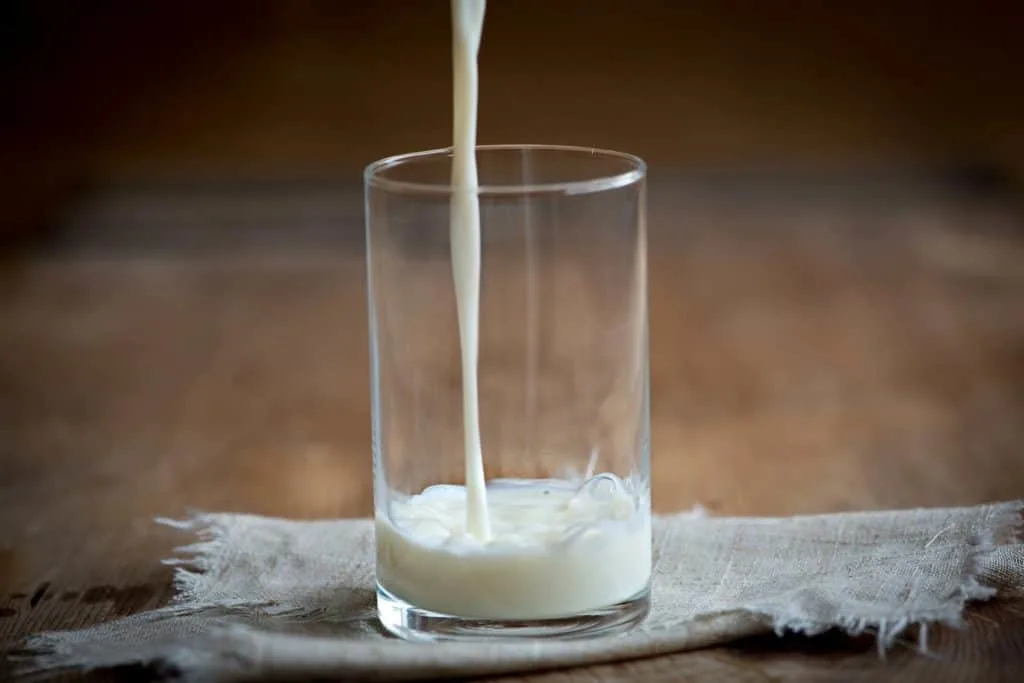
Dogs being fed milk is a polarizing topic. Some dog owners swear by it while others claim that it is poisonous to dogs. And the primary issue within this topic is a dog’s ability to consume lactose.
I know a lot of people who regularly feed their dogs milk. But is this a good idea – can German Shepherds drink milk?
Puppies should be fed milk only from their mother, and only puppy-specific formula in its absence. Adult dogs are often lactose intolerant, and should therefore never be fed milk as it contains lactose as a primary component.
In this article, we will take a closer look at this beginning from the basics of milk, lactose and dogs’ intolerance to it, as well as take a look at a few alternatives.
What’s in Milk?
Let’s begin with the basics and answer the question of what exactly is in milk. Milk, in terms of its chemical make up, contains dozens of separate chemical compounds, though the primary components of milk are:
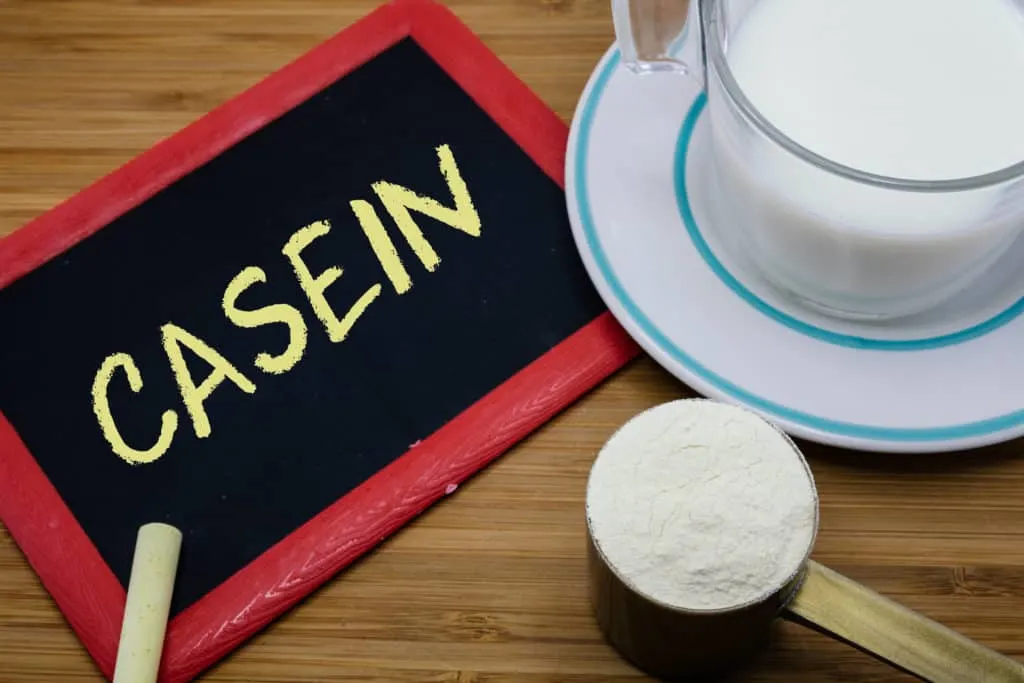
- Water
- Fat
- Lactose
- Casein
- Whey Proteins
- Minerals
These components are based on cow milk, but depending on the animal that the milk comes from, the amounts of these components will vary.
What Kinds of Milk are There?
- Whole Milk: The highest fat content of all milk at 3.25%
- Lowfat Milk: Slightly lower in fat than whole milk, but more than 2%.
- 2% Milk (reduced fat): Just as the name suggests, reduced fat milk contains 2% fat.
- 1% Milk: Again, the name indicates the amount of fat contained in the milk – 1%.
- Skim Milk (fat free): The lowest in calories and, contrary to popular belief, this milk is not watered down.
- Organic Milk: This milk must conform to USDA standards which stipulate a higher level of ethical care for animals than conventionally farm-raised animals.
- Raw Milk: Raw milk is defined by the CDC as “milk from any animal that has not been pasteurized to kill harmful bacteria.” Many states have their own laws pertaining to the sale of raw milk, but on a Federal level, raw milk cannot be sold or distributed across state lines.
Regardless of the type of milk, they all contain the same amount of essential vitamins and nutrients.
What Is Lactose?
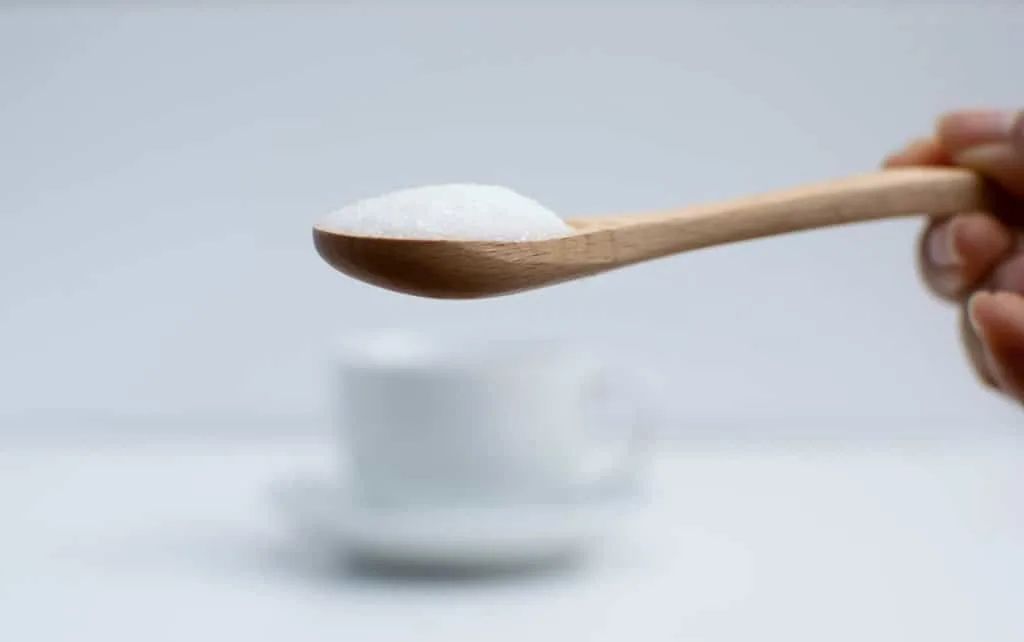
Simply put, lactose is the sugar present in the milk of all mammals. It is comprised of glucose and galactose, which are sugar molecules. It is because it is split into these two molecules that lactose is able to be absorbed from a dog’s intestine into its body.
Glucose and galactose are absorbed by the cells in the lining of the small intestine by an enzyme called lactase. Lactase is located on the cells that line the small intestine. Once these molecules are absorbed into a puppy’s body, they provide her with the energy that she needs to be a curious and playful puppy.
As a puppy’s intestine grows and matures, it will slowly stop drinking milk from its mother, and the enzyme (lactase) will disappear from the puppy’s body. It is during this time that a puppy will stop consuming its mother’s milk.
So, for an adult dog, its intestine no longer produces the enzyme that breaks down milk, and this is the reason that they sometimes become lactose intolerant.
What Is Lactose Intolerance?
Lactose intolerance should be looked at as a carbohydrate intolerance, as lactose is a carbohydrate, and the main one contained in dairy products. It’s basically when a dog has an adverse reaction to consuming milk or dairy products, and it is one of the most common digestive disorders found in dogs.
The milk from cows contains between 4.5% and 5% lactose. This is relevant to dogs because in comparison the milk from a dog contains about 3.1% lactose.
What this means for a dog is that when it consumes milk from a cow is that the percentage of lactose that it must metabolize is higher than that of the milk that came from its own mother. This can sometimes overwhelm a dog’s digestive system and cause what we call a lactose intolerance.
Symptoms of Lactose Intolerance in Dogs

If you have a sense that your dog may be lactose intolerant, pay attention to whether she is exhibiting any of the following symptoms:
- Nausea
- Vomiting
- Diarrhea
- Loose stools
- Bloating
- Gas
- Abdominal pains
Lactose Intolerance and Dehydration
If your dog ingests milk and is exhibiting diarrhea, make sure that you closely monitor her water consumption. A dog that has diarrhea will often become dehydrated, and dehydration if left unchecked can be deadly to a dog.
In order to see if your dog is dehydrated, do the following:
- Perform a test on your dog’s skin elasticity: Gently pinch the skin between your dog’s shoulders just enough to lift it away an inch or so from her body.
When released, your dog’s skin should retract right away. If the skin doesn’t pull back immediately, or at all, this is because your dog’s skin has lost too much moisture from being dehydrated.
- Check your dog’s gums: Lift your dog’s lip and inspect the color of her gums. Then press on the gums with your finger with enough pressure to make it turn white. Next, move your finger away and watch for how quickly your dog’s normal gum color returns.
The original color returning to your dog’s gums is actually the capillaries of her gums refilling. The color should come back immediately – if it takes any longer, then this is a sure sign that your dog is dehydrated.
So if you find that your dog has diarrhea and it is not drinking enough water on her own to compensate for the loss of fluids in her system, it’s very important that you immediately contact your veterinarian. He will be able to recommend a course of action to get your dog hydrated again. This will often involve the use of intravenous fluids.
What About Feeding My Dog Soy Milk?
Some people view soy milk as a safe alternative to feeding their dog regular milk because it is non-dairy and plant-based, and therefore does not contain lactose. Many commercially available dog foods also contain soy-based ingredients in them for nutrition.
However, it’s best to avoid feeding your dog soy milk if you can. If you must for some reason, make sure that you get the “ok” from your veterinarian beforehand because some dogs are allergic to soy in varying degrees. In addition, most soy milk has sugar added and it is also high in calories, both things that are best avoided by your dog.
Again, avoid feeding your dog soy milk if possible, as there is no necessity – your dog is just fine without soy milk, so there really is no need to take a chance.
What About Feeding My Dog Almond Milk?
Another beverage that you may think should be fine to feed your dog because it is non-dairy and plant-based is almond milk. However, while almonds are not toxic to dogs, they are not easily digestible and may nonetheless cause stomach problems.
In addition, almonds are high in fat, too high for dogs, and feeding them to your dog can lead to obesity. So stay away from feeding almond milk to your dog if possible.
If you must, again, first check with your veterinarian. If he says that it is ok, then make sure that it is unsweetened, as most almond milk contains sugar and sometimes xylitol (which can be deadly to dogs!), and only feed it in very moderate amounts.
Overall, it’s better to just avoid feeding it to your dog altogether, as it’s just not worth the risk.
What About Feeding My Dog Macadamia Milk? (Don’t Do It!)
Never feed your dog macadamia milk, even in small quantities. Macadamia nuts are toxic to dogs and can cause vomiting, weakness in the back legs, and diarrhea. In fact, if your dog accidentally eats macadamia nuts, you should immediately contact your veterinarian.
Alternative to Feeding Your Dog Milk
Puppy Formula as an Alternative to Milk from a Puppy’s Mother
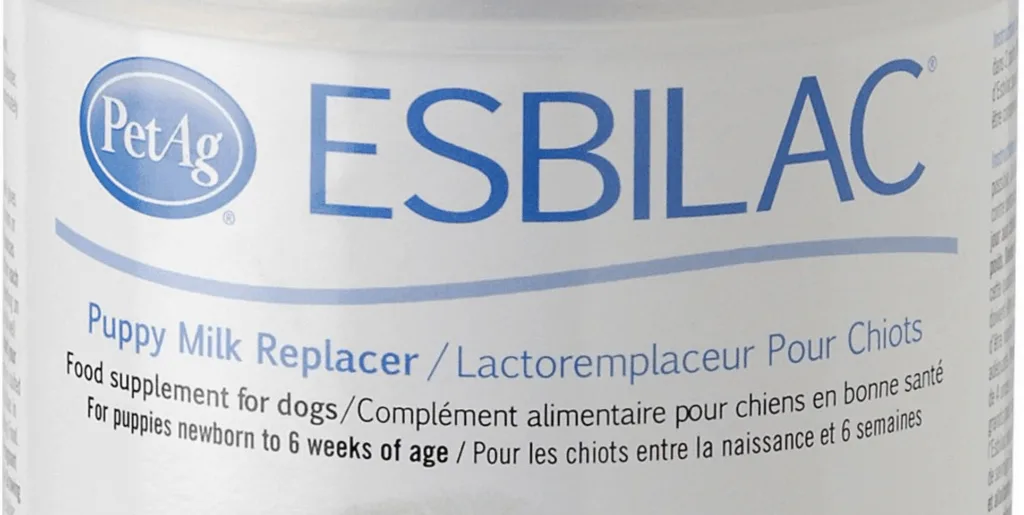
For any species, the ideal milk is the breastmilk from its mother. This milk is known as colostrum, and it contains a high percent of the nutrients necessary for a puppy to develop strong bones and a healthy musculoskeletal system. These include proteins, fats, and carbohydrates.
In addition to helping a puppy physically develop, the milk from a puppy’s mother also helps to boost its immune system. This is necessary for a puppy since they are most vulnerable to illness at a young age.
While a mother’s milk is ideal, there are sometimes unfortunate circumstances that prevent a puppy from receiving milk from its mother. It could be that the mother died during birth, perhaps she had a fatal accident, it could even be that a mother’s puppies were taken from her and the puppies abandoned (this, unfortunately, happens a lot).
If this happens to be the case for a puppy that you find yourself caring of, it’s very important that you do not try and substitute milk from the puppy’s mother with cow milk, or milk from any other animal for that matter.
While you may give a puppy some other type of nourishment on an extremely limited and emergency-only basis, any long term feeding of anything else during the time that a puppy should be having its mother’s milk will inevitably lead to a nutritional deficiency for the puppy.
In this instance, you should only replace the milk with a specifically formulated puppy formula. You should first call your veterinarian to ask for suggestions pertaining to the specific type of puppy that you are caring for.
Yogurt as an Alternative to Milk
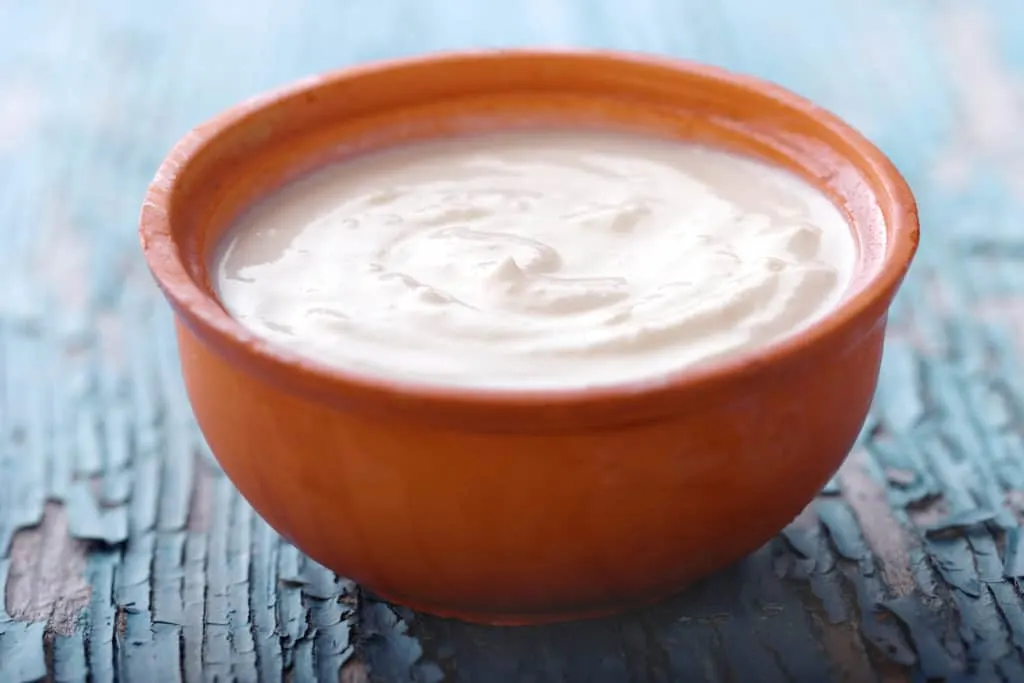
Yogurt is also a dairy product, but unlike milk, it contains very little lactose. Because of how yogurt is manufactured, the lactose that is initially present becomes converted to lactic acid – and lactic acid is much more easily digestible by dogs than lactose.
If you do choose to give your dog yogurt, just make sure that you are feeding her only natural organic yogurt without any sugars, flavorings, or other additives. And even though yogurt doesn’t contain much lactose, just be cautious and choose yogurts labeled as “lactose-free.”
Final Thoughts
While your German Shepherd may not have an intolerance to lactose, feeding it milk after her mother’s milk has already run its course is just not a necessary thing to do. Experimenting to see if there is a lactose intolerance present can only cause your dog discomfort or worse – the benefits simply do not outweigh the potential harm that can be caused to your dog.
As discussed above, try feeding your dog organic, sugar and additive-free yogurt, she won’t complain at all – I promise! So just be smart about this issue, and you will ensure that your dog stays happy, healthy, and well-fed without the need for milk.
